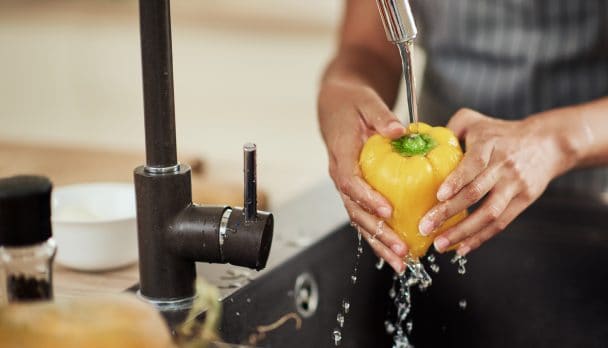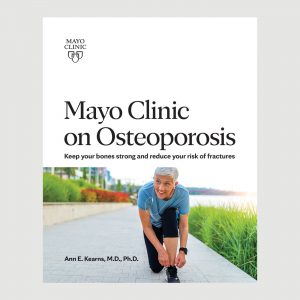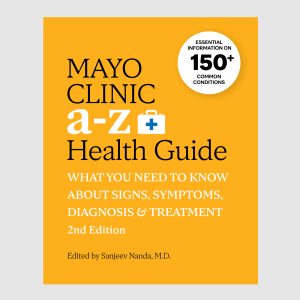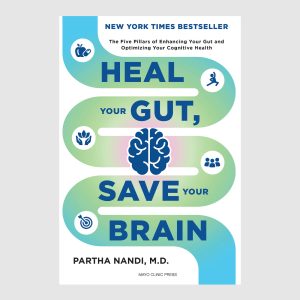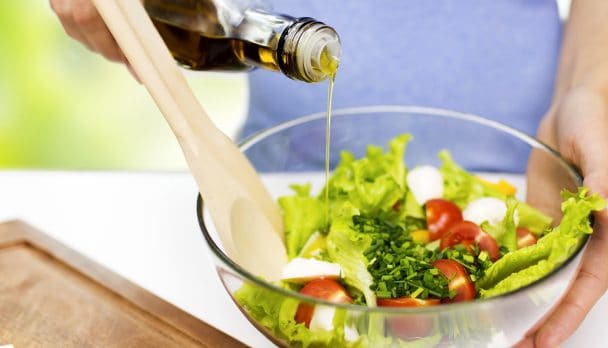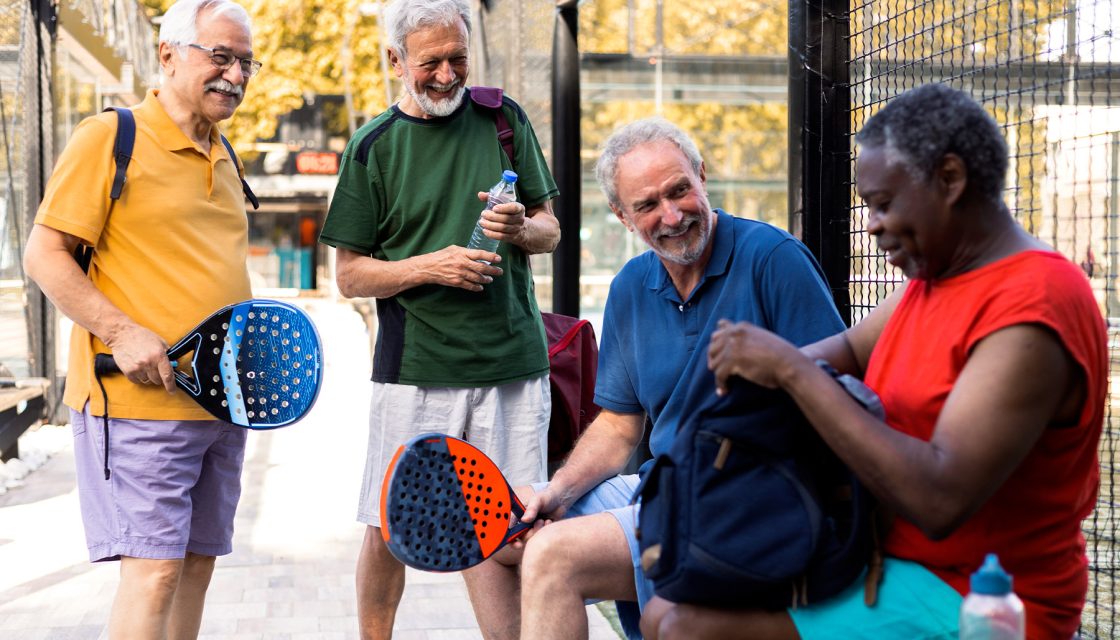
Pickleball’s surge in popularity doesn’t appear to be stopping. The sport reaches seniors in high school as well as, you know, seniors. The great news? As with any sport, playing pickleball improves both physical and mental health, which is certainly encouraging for the millions who currently play and for those on the sidelines who are considering jumping in.
What are the health benefits of pickleball?
“Movement is medicine,” says Edward R. Laskowski, M.D., an emeritus specialist in physical medicine and rehabilitation and sports medicine at Mayo Clinic in Rochester, Minnesota. “And pickleball gives us movement beneficial to health.” Physically, the sport provides benefits like improved hand-eye coordination, strength and agility. Even better, it gets older Americans out of the house and engaged in physical activities. Half of Americans don’t exercise enough; for seniors, the stats are worse. One-third of older adults with at least one chronic disease aren’t exercising at all.
Outside of the physical benefits, there are psychological positives too. Dr. Laskowski explains that the sport can be a source of social connectedness and improved mental health. A 2018 study showed that leisure activities (including those that require training) lessen the risk of depression. This is significant, as rates of depression and healthcare costs rise among older adults.
When asked about their experiences with pickleball, 15 USA Pickleball (USAP) ambassadors described four common themes: 1. Pickleball is a new way to stay active. 2. Pickleball is a means of socializing. 3. Pickleball is a unique cross-generational sport. 4. Pickleball is a life interest that can provide meaning to older adults.
What are the risks of pickleball?
“As long as you are able to move about the court comfortably, don’t have problems with balance, and are able to move your arms and legs without significant pain or restriction, you likely will enjoy pickleball safely,” says Dr. Laskowski. As with any sport, though, there is some risk. He lists the potential for injury to muscles, tendons, and knee cartilage and ligaments, as well as potential worsening of hip and knee arthritis in some players.
To prevent pickleball injuries, avoid backpedaling, engage in regular strength training, and become accustomed to standing in “ready position” with wide feet and bent knees in a split stance.
Remember, though, the benefits of exercise far outweigh the risks. A systematic meta-analysis (that’s a lot of research) concluded that adults 60 and older who were physically active had reduced risk of many health conditions: cardiovascular disease, breast and prostate cancers, fractures, falls, Alzheimer’s disease, cognitive decline, and dementia. Much of this was also true for adults who replaced sedentary behavior with more active lifestyles.
For those looking to establish a more regular physical activity routine, you’ll likely stick with an activity you actually like to do (pickleball or otherwise)! When you remember enjoying an activity, you’re likely to go back and do it again. Soon, it becomes a habit. So, get out of the “kitchen” (Is that right? I’m still learning the lingo …) and play! There’s more than just fun to be found.
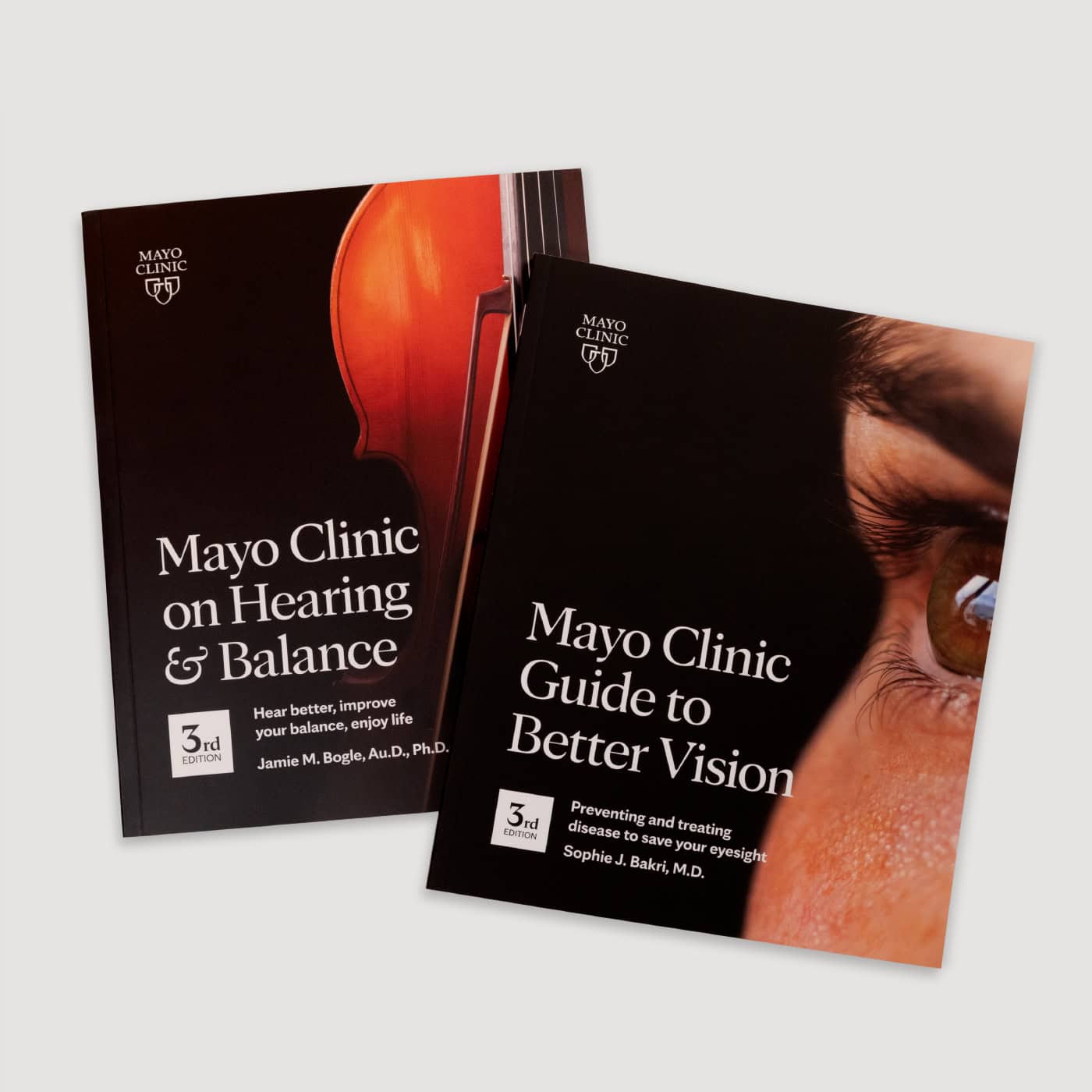
Relevant reading
Hearing, Balance and Vision Bundle
In Mayo Clinic on Better Hearing and Balance, you'll get the answers to many common questions about hearing and balance, like how hearing and balance are tested, ways to protect your hearing health, what you can do to improve your balance, how underlying causes of hearing loss are treated, and…





